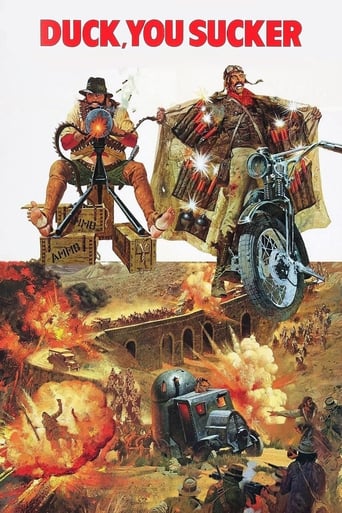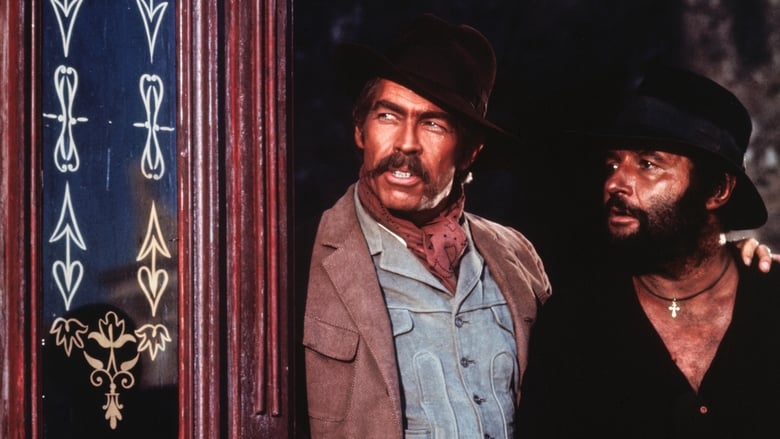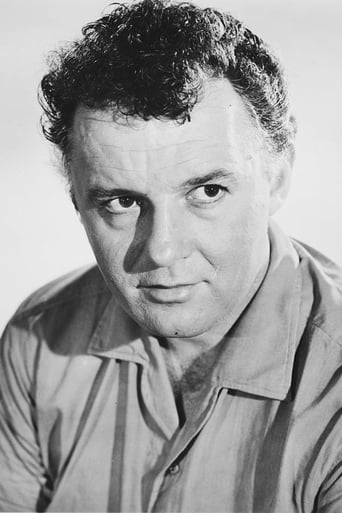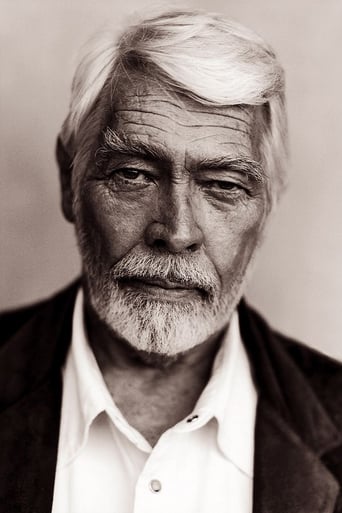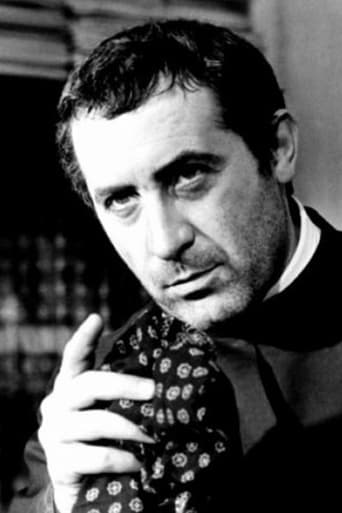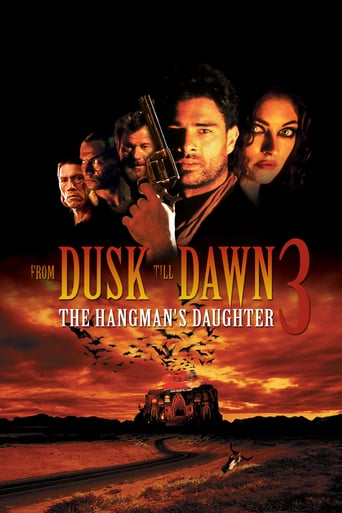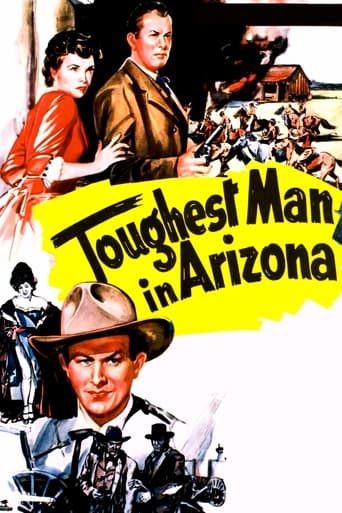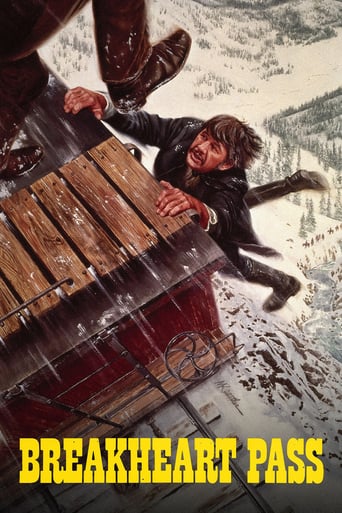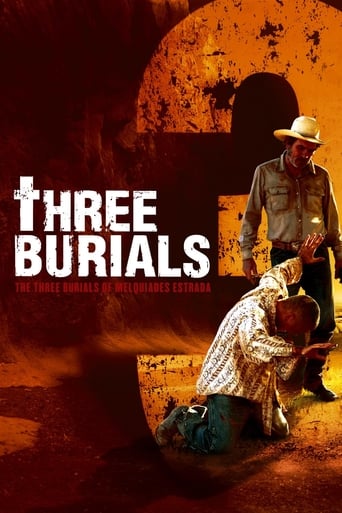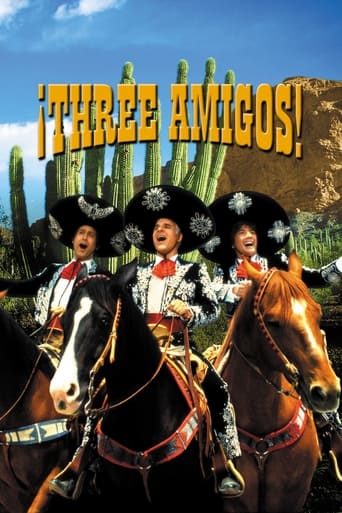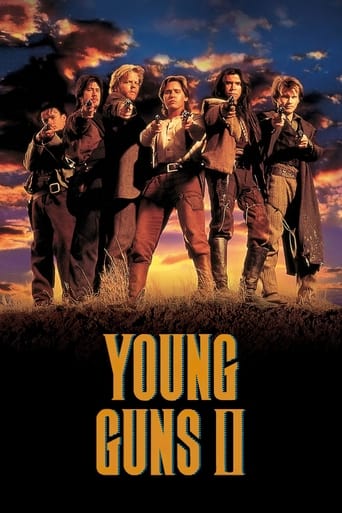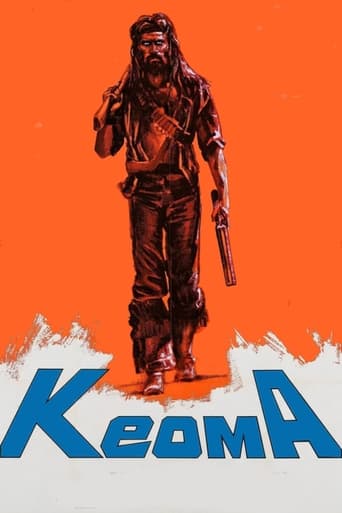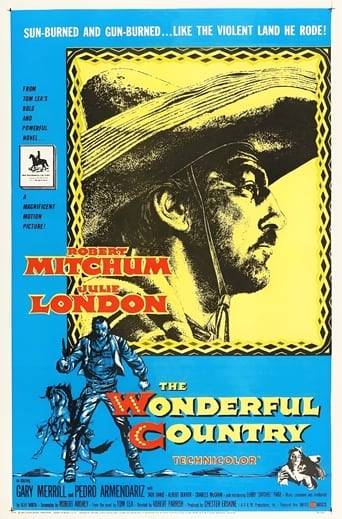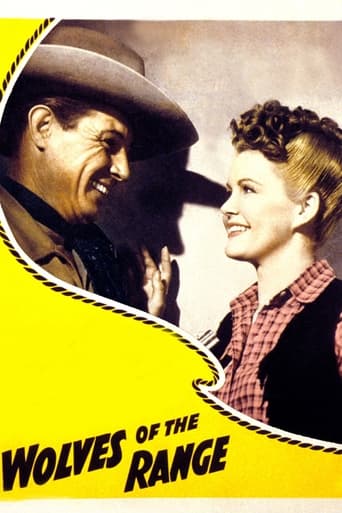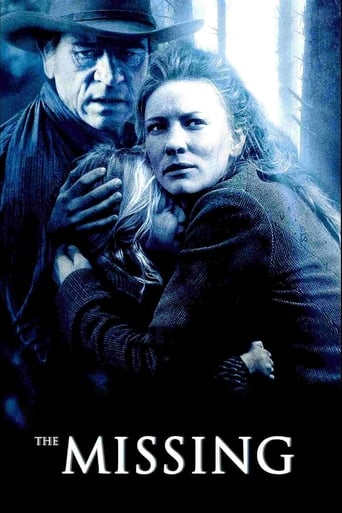Duck, You Sucker (1972)
At the beginning of the 1913 Mexican Revolution, greedy bandit Juan Miranda and idealist John H. Mallory, an Irish Republican Army explosives expert on the lam from the British, fall in with a band of revolutionaries plotting to strike a national bank. When it turns out that the government has been using the bank as a hiding place for illegally detained political prisoners -- who are freed by the blast -- Miranda becomes a revolutionary hero against his will.
Watch Trailer
Cast


Similar titles
Reviews
That was an excellent one.
Absolutely the worst movie.
The film creates a perfect balance between action and depth of basic needs, in the midst of an infertile atmosphere.
The best films of this genre always show a path and provide a takeaway for being a better person.
I read that Leone only made "Duck, You Sucker" because he couldn't make what he really wanted to do ("Once Upon a Time in America") due to various issues with funding and rights to the material. I don't think his heart was really in this one. The film lacks the careful craftsmanship that his other films have. Perhaps there is a diamond in here somewhere, something that others are seeing, but it wasn't polished enough to be clear to me. The best Leone films are very deliberate. Almost nothing is wasted, every shot and scene has a purpose and every shot looks like a professional photograph. I cannot say the same about "Duck, You Sucker." The filmmaking here seems a bit tired. A lot of effort was obviously put into special effects and explosions, and I think that dragged down the rest. Call it the "George Lucas Effect." I had no idea Leone pioneered that too. What makes the other Sergio Leone films special to me is that they are in many ways "films about films." They offer a stylized look into American culture from a very European perspective. If that's present here in "Duck, you Sucker," it went over my head.
I love this director as much as the next person, but this film is far from a masterpiece in my opinion. I was forced to sit through it with someone else, and was so irritated by the "Shu shu shung, shu shu shung" thing going on with the music throughout the entire film. What on Earth were they thinking? If they ditched that tune and put some simple guitar music in there, it might actually improve the tone of the entire film for the better. To be honest, because it's Leone and because of the rating here, I thought it would be great and I was severely disappointed.It was way too slow, way too long, too many close-ups, bad casting and the score, oh God, just no. If they took this film and cut it, and I mean, cut about 1 hour of unnecessary flashbacks and silly closeups, I might have a different opinion of it. It was just so dragged out. Far from a masterpiece and doesn't deserve it's 7.7 stars.
"Duck, You Sucker" is a Leone movie and I freely admit that I was expecting something akin to the Dollars Trilogy (both of them came packaged in the Sergio Leone Anthology, so it's not too big a stretch). Which is nowhere near the case, and that suits me just fine. But it is bogged down by a solemn vibe, and even though revolvers are (mostly) traded in for explosions, you start to miss the larger-than-life presences of van Cleef, Eastwood and Wallach after awhile. I was on board with the revolutionary politics of the thing, but the pacing is all off.I do like Rod Steiger and James Coburn, both wielding iffy accents (although Steiger seems a bit more at home with his). And there were moments of great poignancy, particularly in the cave and the final scene. Between the pacing, the uneven tone and Morricone's score (very "Butch Cassidy"), it's not my favorite. But there's chemistry between the two leads.6/10
This is not a Sergio Leone Spaghetti Western. Instead of a nameless stranger wandering into some town in the west and gunning away all his problems, we open on a naive Mexican peeing into the ground and playing his dumbstruck role quite well. We can tell by the way the camera focuses in extreme close-up on the beady eyes and mouths sloppily consuming food of the high class passengers of the carriage that Juan is fiercely envious and furious at the state of affairs. And their dialogue confirms it too, mocking and racist, and he is forced to goofily play along so he can take his revenge. Later on, he has a passionate monologue about his distastes for revolutionaries and the thinly veiled false promises they deliver, but somehow gets swept up in one anyway. It is unusual for Leone to be political; one might suggest that he finds a common view in Sean Mallory, the jaded, cynical Irishman who has experienced betrayal in his homeland and wants to create change elsewhere. The events bring these two unlikely characters together. There are arguably more visual flourishes than ever before. Leone has always let his images tell the story; it helps when your main characters talks more with his gun and hat then with his clipped, minimalistic dialogue. This is more of the same. There is that infamous moment where Juan connects the dots and sees the criminal potential in Sean's explosives expertise, and Leone highlights this with a cartoonish, flashing banner above his head like a casino neon sign screaming 'Jackpot'. When he first arrives at the famed Mesa Verde National Bank, his eyes light up and Morricone adds this dramatic organ piece that seems fit for a lavish cathedral. It is as if the riches that lay waiting inside attain an almost religious type of love and desire - he wrings his hands like a giddy child discovering a stash of candy. And Leone as always loves his zoom in closeups - he lets his actors freely emote, especially in the eyes - there's that great shot of Juan peering out from the slit in the poster, with a premonition of his future choices. But as they get deeper and deeper into the revolution, it becomes clear that things are not what they seem, and their choices have morphed into bigger and more dangerous consequences. After a thrilling large- scale action sequence that involved blowing up an actual bridge, they return to find their families and comrades slaughtered and there is this long, moody period where the characters are silently grieving. Early Leone would not find the time for this. There is also Sean's flashbacks which have a hazy, dreamlike quality - they litter the film throughout and continually haunt his memories (perhaps at times lingering a tad too long), whereas previously they had been mostly a technique used to boost the intensity of the climatic encounter. In one moment, they hit Sean with such startling potency that the edits hammer into him like the rattle of a machine gun. And there is darkness and edge to their actions that seems so far removed from the sun-baked plains of the western; a grim execution by firing squad in the rainy night that reminds me of Goya's The Third of May 1808, while our pair watches from afar. This sort of helplessness is something that Leone had not always considered for his heroes (or at least, anti-heroes). Eastwood had carried with him an air of coolness and invincibility. It certainly is stylish and a lot of fun. We chuckle along every time Sean walks away with a swagger and utters those titular lines. Morricone's soundtrack is walking the same walk - there is no twisting flute or cacophony of whistles to accompany that lone figure on the plains. The heavy bass-line of 'Invention of John' over the opening credits seems to be constantly building towards a climax, like a cowboy strutting his step. He isn't afraid to juxtapose mass murder with these stirring strings - it is a victory, but at what cost, and for what gain? As I watched this, I was asked by a young friend whether they were the good guys or the bad guys. It seems to be a moral quandary that never really is broached. Is revolution stylish and elegant, or is it a brutal act of violence? Can we blame Juan for getting so caught up in these events, just after he rants about the impossibilities of revolution? Maybe he should have ducked and not let his sense of responsibility get the better of him, else he finds himself an unanswerable question at the end of the film.

